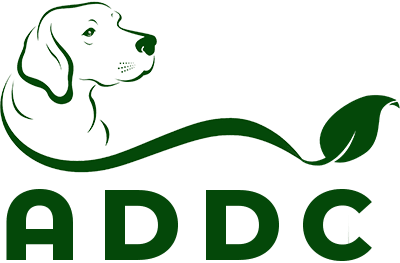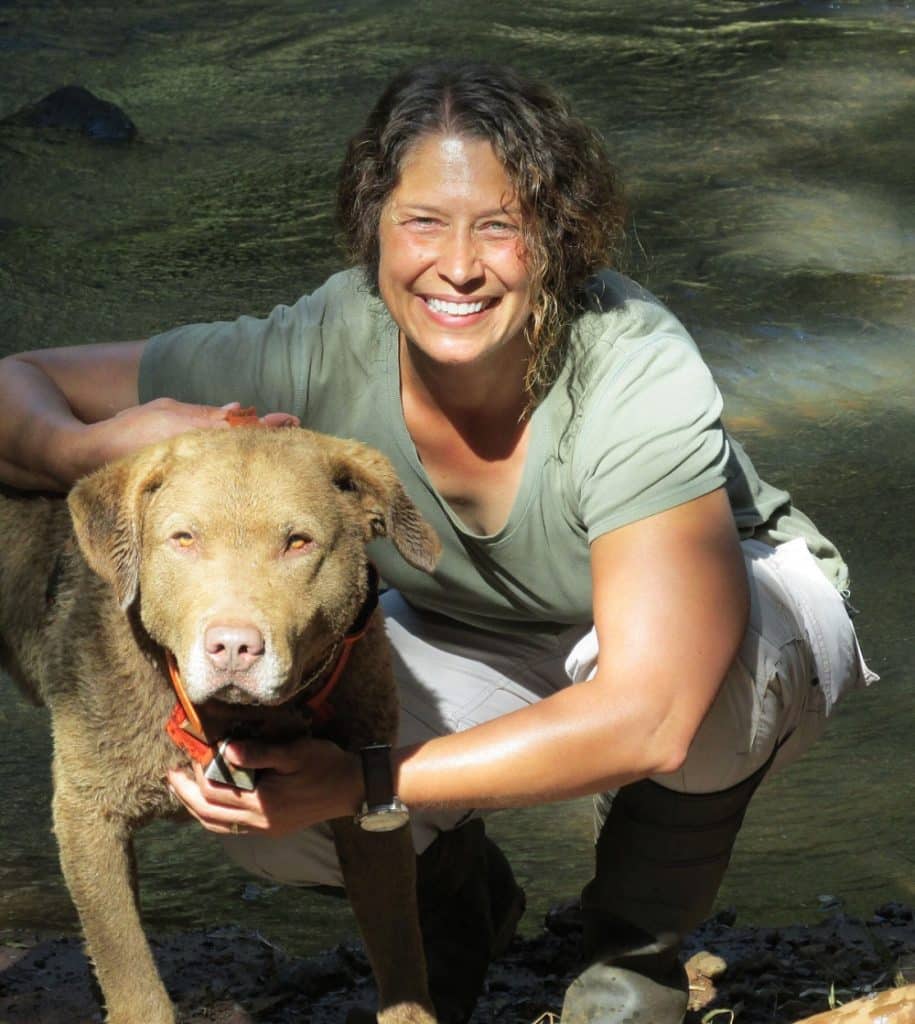Karen DeMatteo
Senior lecturer in environmental studies, research scientist environmental studies washington University, Arts & SCIENCES Founder of "Got Scat"
Areas Covered: USA and South America
Dr. Karen DeMatteo is a biologist that has used a broad range of techniques to understand basic biology and ecological interactions that occur at both the species and community level. She has used a variety of approaches to address these research questions, including ecological genetics, GIS technology, behavioral ecology, physiological ecology, reproductive physiology, ecological niche modelling, and conservation detection dogs. Her research has been conducted with both wild and captive populations, as the latter can provide insight into basic biological parameters that may be impossible to collect in the field.
In the US, Karen is a Senior Lecturer at Washington University in St. Louis (WashU) where she teaches courses on the applications and use of GIS (Geographic Information System) for the Environmental Studies Program. At WashU she also holds a Research Scientist position, which allows her to conduct genetic analyses on the variety of samples she collects during field surveys. Karen also holds a Research Associate position at the WildCare Institute at the Saint Louis Zoo, which provides logistical support for her research; specifically, Proyecto Zorro Pitoco. This project, which is based in Misiones, Argentina, connects her to two Argentinean institutions where she advises multiple undergraduate and graduate students. Karen has a Visiting Research position at Instituto de Biología Subtropical (IBS) – nodo Posadas and Grupo de Investigación en Genetica Aplicada (GIGA), which allows training for students in genetic techniques. She is also a Post-Graduate Professor in the Facultad de Ciencias Exactas, Químicas y Naturales (FCEQyN) at the Universidad Nacional de Misiones, where she teaches various GIS courses and connects to students interested in hands-on training in field techniques.
Work history
While Karen has conducted field research in several locations in the US and South America on a variety of species in diverse habitats, since 2007, her studies have been focused on understanding community structure of carnivores and their ecosystems using a suite of noninvasive techniques: conservation detection dogs, genetic analyses, and GIS technology. Within the US, she has assisted government agencies (e.g., Nebraska Game & Parks, Missouri Department of Conservation) with their efforts to understand the distribution of cougars. Outside of the US, her primary focus has been in Misiones, Argentina, where she is a co-Director of Proyecto Zorro Pitoco, a collaborative, multipronged project that uses a bottom-up approach, with the goal to stop the loss of native forest, protect watersheds, promote reforestation, improve human health, and ensure long-term survival of the region’s unique flora and fauna.
While the project in Misiones started with the elusive and poorly understood bush dog, the project now includes five carnivores (jaguar, puma, ocelot, southern tiger cat, and bush dog) and four prey that are important to these carnivores but also targeted by poachers (tapir, white-lipped peccary, collared peccary, and paca). The use of conservation detection dogs to locate samples has opened new doors in the region and allowed the team to model a 400,000ha multispecies corridor in the northern-central zone that aims to maximize connectivity for wildlife and minimize the potential for human-wildlife conflict. Ongoing efforts are focused on using this suite of techniques to expand this corridor into the central-southern zone, a region where the threats of expanding human population and habitat fragmentation are even more severe.
Services
While Karen has partnered with detection dogs as a handler in contract work and personal research, she has also had the opportunity to assist and direct the training of handlers for similar work with detection dogs. In addition to training multiple students associated with Proyecto Zorro Pitoco, she has been able to prepare conservationists to conduct field surveys for a variety of species, including: howler monkey, capuchin monkeys, and maned wolf. She has also been able to mentor persons interested in pursuing the use of conservation detections dogs with guidance from a professional. Unfortunately, the number of training opportunities each year are limited due to the time constraints.
Motto
Throughout all of this work and other collaborations, Karen remains focused on ensuring the quality of work generated by conservation detection dogs is kept at a consistently high level. This is especially true with handler training, which she sees as the most challenging part in the equation. With the expansion of detection dogs into so many new areas, odors, and situations, seeking advice and guidance from experts at all levels (e.g., study design, dog selection, handler selection, training/testing trials) is at the foundation of her learning and something she is a big believer in. She believes that while the use of conservation detection dogs has incredible potential for success, if care if not taken, the failures can be even more dramatic and leave a strong, lasting, negative impression on the potential use of the technique.

